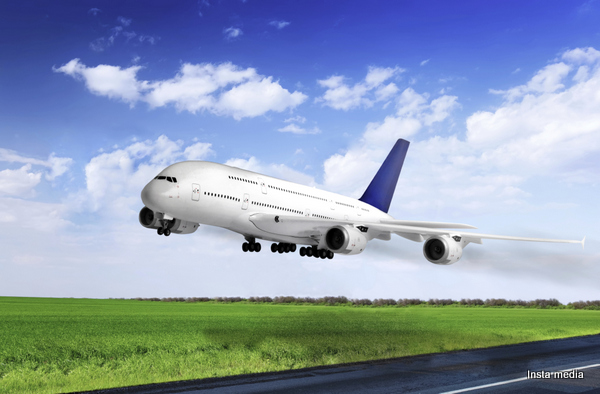As we know it
Air travel has been constantly increasing and so is the share of the aviation industry in emitting greenhouses gases. Most of the aircraft had been and still run on oil-based sources that are constantly depleting and getting costlier. Thus, the cost of travelling has also been increasing rapidly. The bigger concern or challenge is to replace the oil with more eco-friendly and cheaper fuel sources.
Need for change
Oil-fueled aircraft have been greatly emitting green house gases that are increasing global warming and ocean acidification. There are major emissions happening for carbon dioxide, nitrogen oxides, sulfur oxides, carbon monoxide, hydrocarbons, particulates, etc. Thus, high-altitude aircraft are greatly contributing to climate change. If we don’t seek measures to decrease the use of oil-based fuels in the near future, there could be several harmful effects to the environment and an increased burden of flying costs on the passengers that may badly affect the aviation industry. So, the best way is to move on to alternative fuel sources for aircraft that are more efficient, greener and cost-effective.
What’s next?
Use of biofuel to fly aircraft
What’s new: As airlines are getting keen to reduce their carbon footprint, they have been looking for alternative greener fuel sources to run their aircraft. One of these fuels that can be used in an aircraft is biofuel, which is a feasible and eco-friendly option for most of the airlines. Since biofuel was approved for commercial use in July 2011, several attempts have been made to test its usage in aircraft. One of these successful attempts was made by Air Canada when it went on with its first flight of a civil aircraft that was fully powered by unblended biofuel. This biofuel was made through a low-cost process that involved the use of high-pressure boiling water for converting renewable oils into alternative fuels with some catalyst use. Boeing, United Continental Holdings, Porter Airlines and many others, has also run similar biofuel-based flights.
What difference will it make: The aviation industry will surely be benefitted by the use of biofuel as it would help in meeting its emission reduction targets. While reducing its carbon footprint, biofuel will also cut down the heavy costs involved in purchasing crude oil to run flights. This would also save on a great amount of crude oil whose reserves have been constantly depleting. Additionally, biofuel-run aircraft are 30-40 percent more fuel-efficient than those running on conventional fuel.
Problems: Along with biofuel’s advantages come its concerns too. A major problem comes at lower temperatures when biodiesel is oxidized to gel. Though some additives improve its weather tolerance, that’s only by a few degrees. In addition, rubber seals and hoses may shrink due to pure biofuels that do not contain paraffin-based additives or are mixed with petroleum. Thus, it needs to be seen how such issues might be resolved before biofuel becomes the next big thing for the airline industry.







